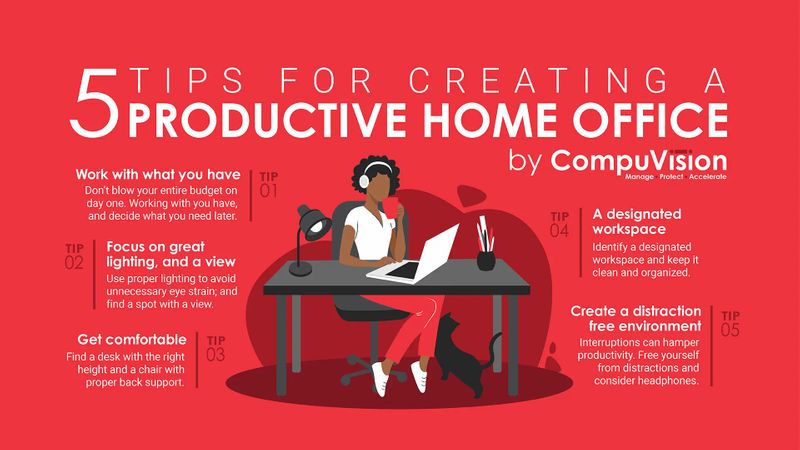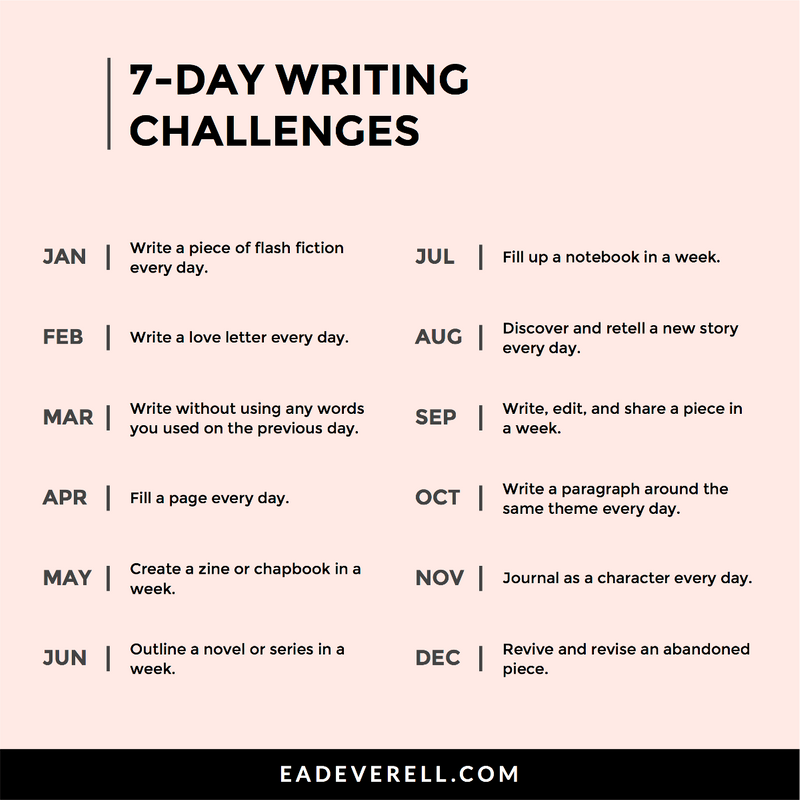
Do these situations sound familiar to you?
your colleagues yawn or stare off into space during your presentations
your manager complains that your email blasts are "too dry"
people check their phones when it's your turn to speak
If so, you need to spice up your presentation style.
Appeal to your audience's emotions and spark their curiosity with techniques that will help you turn boring information into engaging content.
Tell A Story
There's a reason we all remember the word "Eureka!"
The story of Archimedes in the bathtub teaches us about an abstract concept in an engaging way.
Stories capture our attention with relatable characters, fascinating plot twists, and satisfying endings. They unlock our natural sense of wonder and teach us important lessons about the world.
A good story can draw in your audience and keep them hooked, as long as your story makes the point you want your audience to understand.

Appeal To Emotions
What comes to mind when you think of the word "soil"?
Plants? Dirt? Worms? You probably don't think much about it at all. It's just there.
But what if you could feel something about soil?
This video from The Royal Society uses powerful language to appeal to your emotions and make you feel connected to the topic.
Don't you want to learn more about soil now?
Quiz
Which presentation title uses emotional language?
Ask Questions

When you ask questions, your audience will stick around for the answers.
Imagine you're presenting about sleep -- what's more boring than sleep?
Here are some ways to present questions so your audience engages more deeply with the subject.
The "Did You Know...?" Question
"Did you know that people fall asleep within 7 minutes on average?"
This might surprise your audience, who have all had to count sheep at some point.
Present your audience with new information. They'll have the opportunity to reflect on their own experiences and think differently about the topic.
The "Relatable Experience" Question
"Why does sleep affect your mood?"
Everyone has had a grumpy morning after little sleep, or felt ready to seize the day after a good night's rest.
Make your audience relate to the topic and they'll want to know more.
The "Problem Solving" Question
"How do we get better sleep?"
Don't we all want better sleep these days?
Challenge your audience to think about a problem they face. They'll want to hear your solution.
Offer Takeaways
You've given your audience some enlightening information. Now what are they going to do with it?
Offer takeaways that will motivate your audience to act on what they learned.
Tips
A handy list of tips will give your audience some real-world advice.
Do your colleagues working from home need a more productive workspace? Create an infographic like this one from compuvision.biz and send it to your office email group.

Challenges
Do your classmates or students need to work on their writing skills? A daily challenge like this one from eadeverell.com will inspire your audience to try new things.

Know Your Audience

Audiences always want to know, "What's in it for me?"
They give us their time and we give them information, so our presentation needs to be worth their time. Bore them and they'll feel like their time is wasted.
Stories might not attract everyone, and not all topics can give us easy takeaways.
Do some research about your audience:
What interests them?
How do they like to learn new information?
What will they get from this content?
Knowing your audience will help you deliver content with more impact.
Take Action

Any topic can excite people. It's all about how you present information.
Connect with your audience and they'll want to know more about the topic. Even better, they'll do something about it.
To engage your audience, try these strategies:
tell gripping stories they can relate to
appeal to their emotions and interests
ask questions to get them thinking
motivate them to act
Which one works best for your audience?
Your feedback matters to us.
This Byte helped me better understand the topic.
